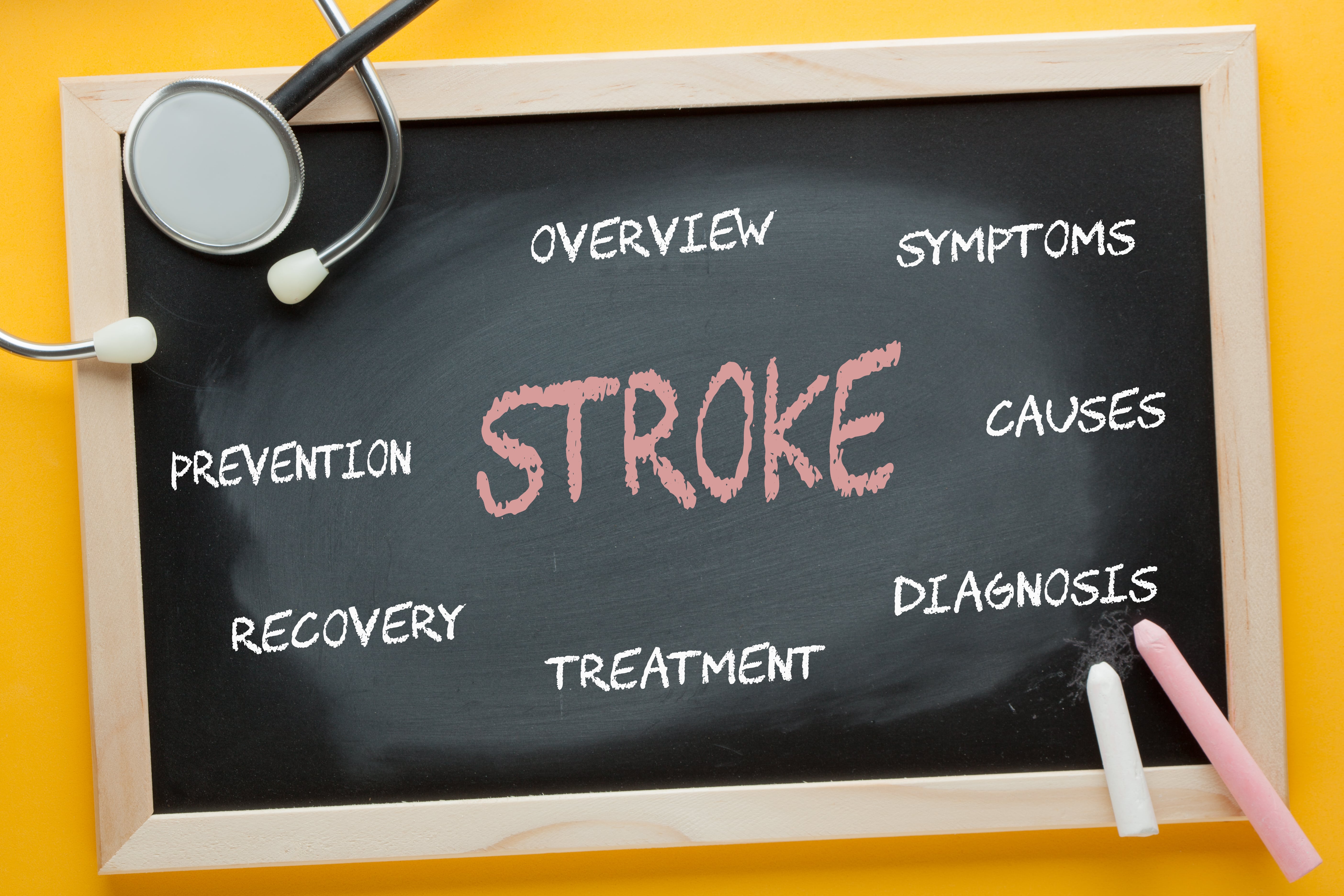Women and Stroke: Do You Know the Signs?

A stroke occurs when the flow of blood and oxygen to a person’s brain is suddenly interrupted, either because of a blockage in one of the brain’s blood vessels (ischemic stroke) or because a blood vessel in the brain has ruptured (hemorrhagic stroke).
Without their usual supply of blood and oxygen, brain cells quickly become damaged. The effects vary depending on the type of stroke, the amount of damage and which part of the brain has been affected.
Stroke disproportionately affects women
In Canada, more than 62,000 strokes occur per year. Of these, over 30,200 strokes happen to women, according to Heart & Stroke. In 2018, the organization released an eye-opening report, Lives disrupted: The impact of stroke on women . Their research found that women are disproportionately affected by stroke. In Canada, one-third more women die of stroke than men. Of all deaths from stroke, 59% happen to women and 41% to men.
Moreover, women who have suffered a stroke experience worse outcomes than men do, with poorer mental and physical well-being and more activity limitations. Women are also twice as likely as men to end up in long-term care after a stroke, and women make up less than half (46%) of stroke survivors who receive rehabilitation therapy.
Stroke affects women differently in other ways, too. The risk of stroke increases during pregnancy and during menopause. Senior-aged women are most likely to have a stroke. Their strokes are also the most severe, and their health outcomes tend to be the worst. Read more about women’s risk factors for stroke.
Signs of stroke
The warning signs of stroke are the same for both men and women. If you observe any of these signs in yourself or someone else, call 9-1-1 immediately. The sooner a stroke is treated (with medication or surgery), the better the health outcomes are likely to be.
- Drooping in the face
- Sudden weakness, numbness, paralysis and/or tingling in the face, arm or leg
- Slurred, garbled speech, or sudden temporary loss of speech, or difficulty understanding speech
- Blindness in one or both eyes, or double vision
- Sudden, severe and unusual headache
- Dizziness, poor balance or coordination, or a sudden fall
Risk factors for stroke
Nine out of 10 Canadians have at least one risk factor for stroke or heart disease, says Heart & Stroke.
Certain risk factors for stroke are non-modifiable, meaning that you can’t change them. These include a family history of stroke, older age (55+), sex (men have more strokes, but women are more likely to die from a stroke), and prior stroke(s).
Other risk factors are modifiable, meaning that you can control or manage them. These include high blood pressure, high cholesterol, atherosclerosis (hardening of the arteries), heart disease, diabetes, excess weight and certain other health conditions.
According to Heart & Stroke, almost 80% of premature stroke and heart disease can be prevented through healthy behaviours. That means you can reduce your risk of heart disease and stroke by making healthier choices every day. Lifestyle factors that you can influence include smoking, poor nutrition, lack of physical activity, excessive alcohol consumption, and use of illicit drugs. (For tips on nutrition and smoking cessation, see “Additional resources,” below.)
Birth control pills and hormone replacement therapy increase the risk of stroke. If you take these medications, talk to your physician about your risk factors for stroke.
Additional resources
Stroke (Heart & Stroke): Learn more about stroke, treatments and life after a stroke.
Canada’s Food Guide (Health Canada): Learn about nutritious eating from this recently updated guide.
You can quit smoking. We can help. (Government of Canada): Resources for each province and territory.
After Stroke (March of Dimes Canada): This website provides information for stroke survivors, caregivers and health-care providers.
Bayshore Home Health offers a wide range of home care services to help Canadians live independently for as long as possible. Contact us at 1-877-289-3997 for details.
